Ficus Safari, Ficus benjamina – Plant
Ficus trees can maintain their tree-like shape regardless of their size, so this makes them ideal for bonsais or for massive houseplants in large spaces. Their leaves can be either dark green or variegated. In recent years, some imaginative nurseries have started to take advantage of their pliable trunks to braid or twist the plants into different forms.
Light: They need a bright room, even with a little direct sun in the morning. In their native habitat, they are often grown in semi-shady conditions, but indoors they need good light to thrive.
Water: Keep steadily moist, but don’t allow it to sit in water or it will drop leaves and suffer from root rot.
Soil: Any good, fast-draining potting soil will likely do.
Fertilizer: These are heavy feeders and need plenty of fertilizer throughout the growing season.
Propagation
Ficus benjamina can be relatively easy rooted from cuttings, even without rooting hormone. It’s best to take a cutting in the spring, when you can more easily supply warmth and moisture. Ficus is rarely grown from seed and most indoor plants will never fruit or yield seed.
Repotting
A healthy ficus is a fast-growing plant and will need careful attention paid to its potting. First off, if you notice your plant is growing more slowly, it’s probably because of low water or low temperatures.
Grower’s Tips
Ficus benjamina are wonderful and incredibly rewarding plants to grow indoors. They make beautiful corner plants and large indoor “trees” for entryways and foyers. Although it is a little more challenging, it is possible to overwinter F. benjamina in temperate areas without massive leaf-dropping, but it will require careful attention to watering and temperature.
Visit Us
No. 287, 8th Avenue, Seashore Town ,
SH 49, Near Bharat Petrol Bunk,
Panaiyur, Chennai – 600119.

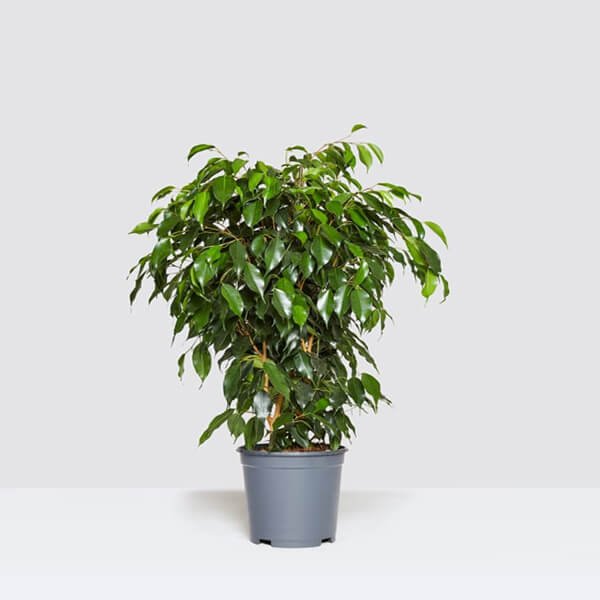
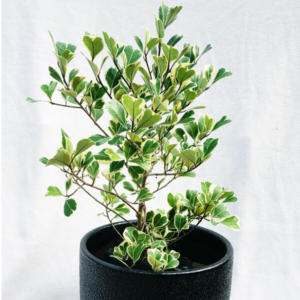
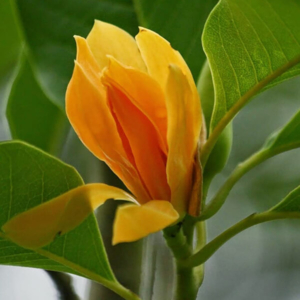
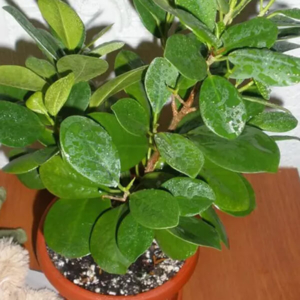
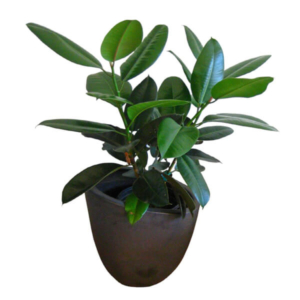


Reviews
There are no reviews yet.